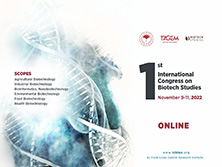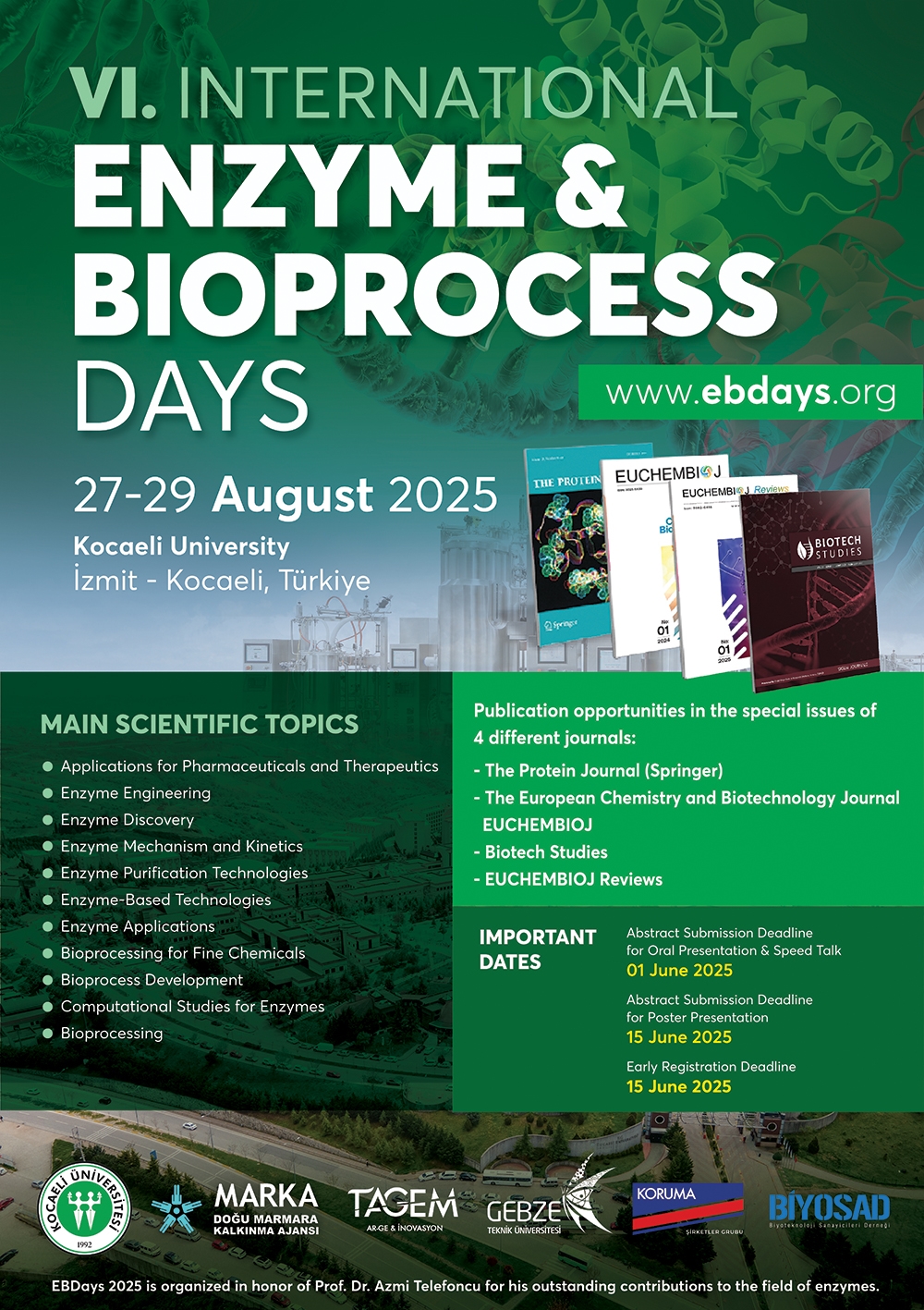Biotech Studies
(Pages: 013-034)
Epigenome Editing: Emerging Tools, Therapeutic Applications, and Challenges in Human Disease Treatment
2 Department of Exomine, PardisGene company, 14115111, Tehran, Iran
3 Cellular and Molecular Biology Research Center, Shahid Beheshti University of Medical Sciences, 1968917313, Tehran, Iran
4 Department of Medical Biotechnology, School of Advanced Technologies in Medicine, Shahid Beheshti University of Medical Sciences, 1968917313, Tehran, Iran
5 Department of Life Science Engineering, Faculty of New Sciences and Technology, University of Tehran, 1417935840, Tehran, Iran
6 Department of Hematology and Medical Oncology, Winship Cancer Institute, Emory University, Atlanta, GA 30322, USA
7 Wallace H. Coulter Department of Biomedical Engineering, Georgia Institute of Technology and Emory University, Atlanta, GA 30322, USA DOI : 10.38042/xx.xx - Epigenetic modifications, including histone alterations, non-coding RNA interactions, and DNA methylation, regulate gene expression without altering the underlying DNA sequence. These modifications are essential for normal biological processes; however, their aberrant regulation is linked to numerous life-threatening disorders. Genome editing nucleases such as zinc finger nucleases (ZFNs), transcription activator-like effector nucleases (TALENs), and CRISPR/Cas systems offer promising tools for the precise correction of epigenetic abnormalities. This review explores epigenetic mechanisms, genome editing technologies for epigenetic modulation, and their applications in disease contexts, such as cancer and neurodegeneration, with reference to both in vitro and in vivo studies demonstrating therapeutic potential. For instance, aberrant histone acetylation and methylation patterns are frequently observed in cancer. Abnormal DNA methylation and disruptions in histone modifications have been implicated in neurological disorders, such as Alzheimer`s and Huntington`s disease. Although ZFNs and TALENs are foundational tools, their use has been limited by challenges in protein engineering and nonspecific targeting. CRISPR/Cas systems have become a versatile platform. Catalytically inactive Cas9 (dCas9) can be fused to epigenetic editing domains, such as histone deacetylases and DNA methyltransferases, to precisely regulate gene expression. For example, dCas9 has been used to reactivate the BRCA1 tumor suppressor gene in cancer cells. Although epigenetic editing holds significant promise in biomedical research and precision medicine, several challenges remain. These include unintended epigenetic alterations, the efficient delivery of editing tools to target cells, and limited in vivo validation. Future studies using animal models are essential to evaluate the translational potential and clinical applicability of this approach. Keywords : Epigenetic Genome editing CRISPR/Cas TALEN ZFN
















